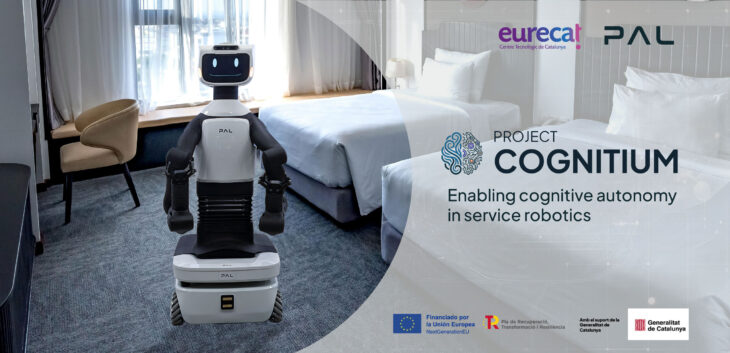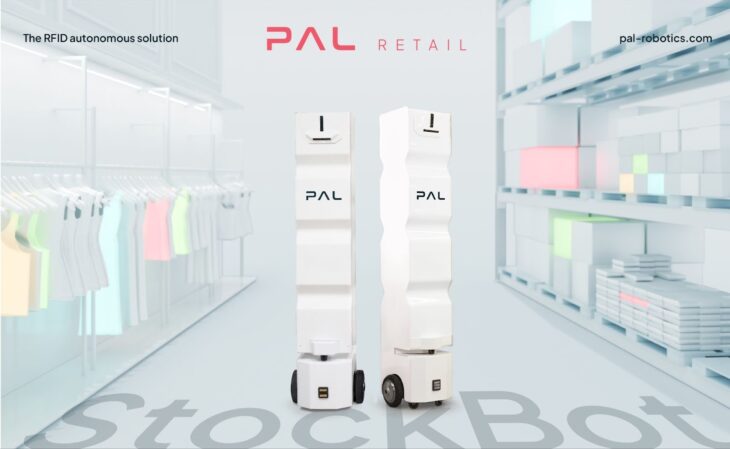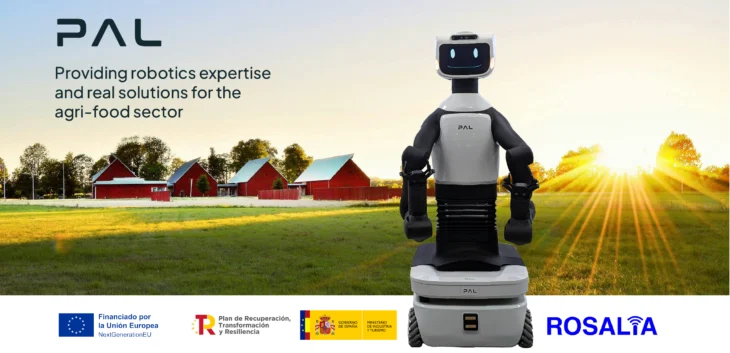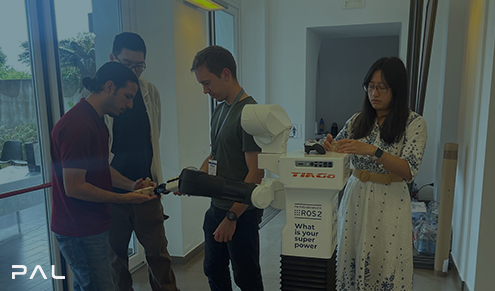
At PAL Robotics, we believe that the future of robotics starts with education, not just in theory, but through real-world experience. This summer, we’ve taken part in several initiatives across Europe that put students in direct contact with robotics platforms, open-source software, and critical conversations on ethics and technology.
From vocational students building automated systems to university researchers programming robot arms, these initiatives share a common goal: helping the next generation of roboticists learn by doing.
Skill 04 challenge: Teaching robotics through mechatronics competitions
As part of CyLSkills 2025 in Castilla y León, we sponsored the team from IES Vasco de la Zarza competing in Skill 04: Mecatronica (Mechatronics). This competition challenged students to design, build, and program a fully automated production line, a demanding task that required technical precision, logical thinking, and collaboration.

Mechatronics—a fusion of mechanics, electronics, and software—is central to today’s intelligent production systems, it is more than a set of tools, it’s the foundation of intelligent production systems. Supporting this initiative allowed us to help students connect their studies with the real needs of Industry 4.0. We were inspired by their drive and creativity, and proud to see their hard work reflected in a high-level technical performance.
From classroom to codebase: PAL Robotics joins Google Summer of Code
For the first time, PAL Robotics joined the global Google Summer of Code program as a mentoring organization. This initiative gives university students the chance to contribute to real open-source software projects while gaining practical development experience.
We guide them in writing robust code, collaborating in open-source ecosystems, and developing solutions that serve the global robotics community. This is a unique opportunity for students to bridge the gap between academic training and software development in research contexts.
Ethics in robotics: Teaching transparency and cybersecurity
Robotics education must go beyond hardware and software, it must also address the ethical and social impact of technology. That’s why we contributed to the Summer School on Explainability and Cybersecurity in Autonomous Systems at the University of León.

During the event, Ferran Gebellí, from the HRI team, presented our work on explainable human-robot interaction as part of the European TRAIL project. His talk emphasized the importance of building transparent robotic systems whose behavior users can understand and trust, a topic that’s becoming increasingly vital as robots move from labs into homes, hospitals, and public spaces. These conversations around ethics, cybersecurity, and transparency are crucial to shape the future engineers who not only build great technology, but build it responsibly, with a clear understanding of how it can serve people and improve society.
A towering challenge at Capri Summer School
It’s not only about theory this summer. At the Capri Summer School, students took on a unique challenge: program our TIAGo robot to build a Jenga tower. What might seem like a fun task was in fact a powerful learning experience that introduced key robotics concepts such as manipulation, perception, and motion planning.
Through this hands-on activity, students explored how creative problem-solving and technical skills come together. With guidance from our researcher Viviana Morlando and the support of the organizing team, students worked closely with TIAGo and saw firsthand how robotics can be engaging, collaborative, and inspiring.
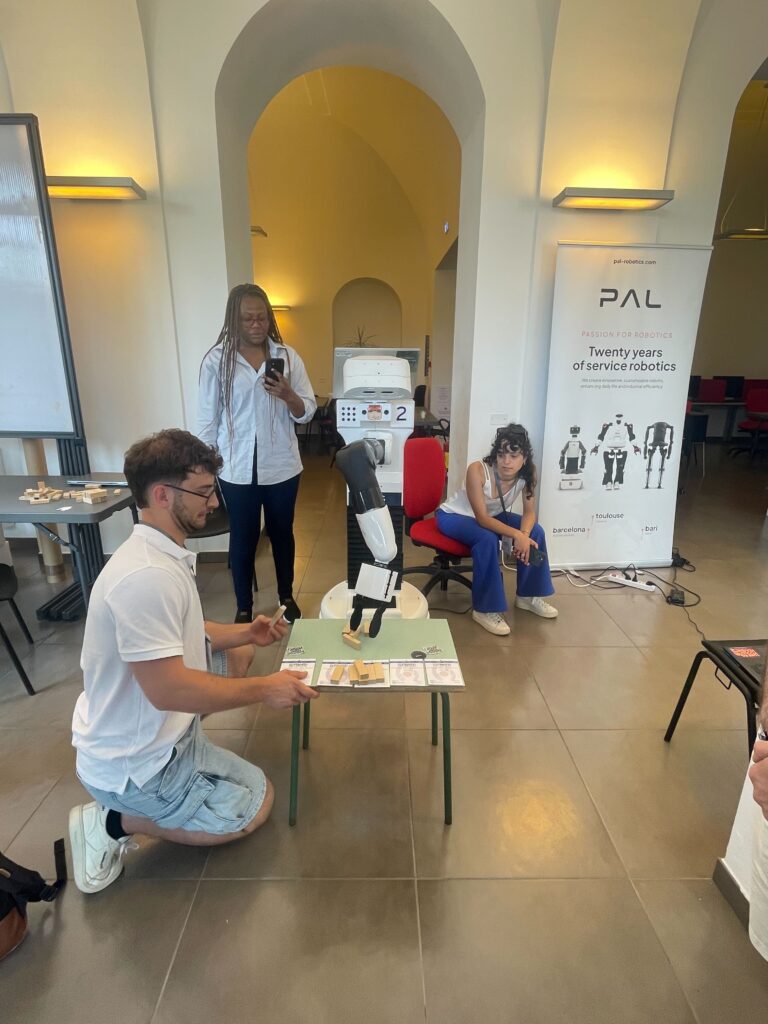
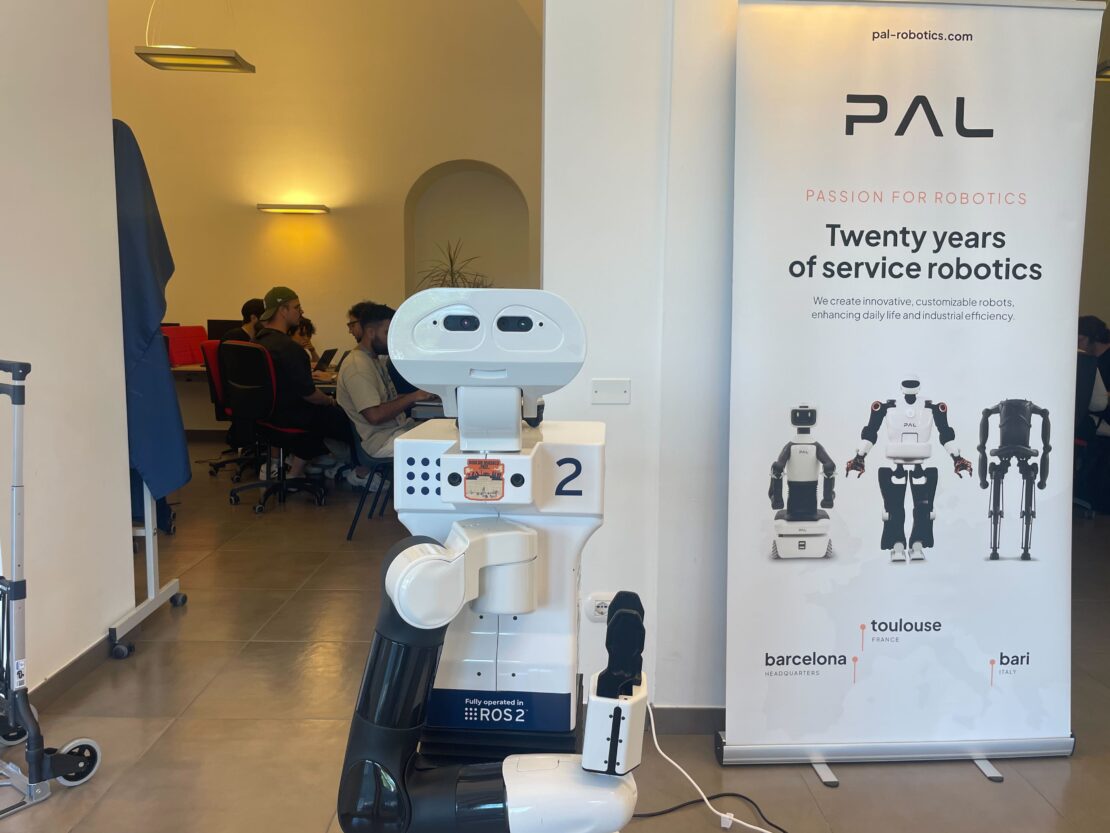
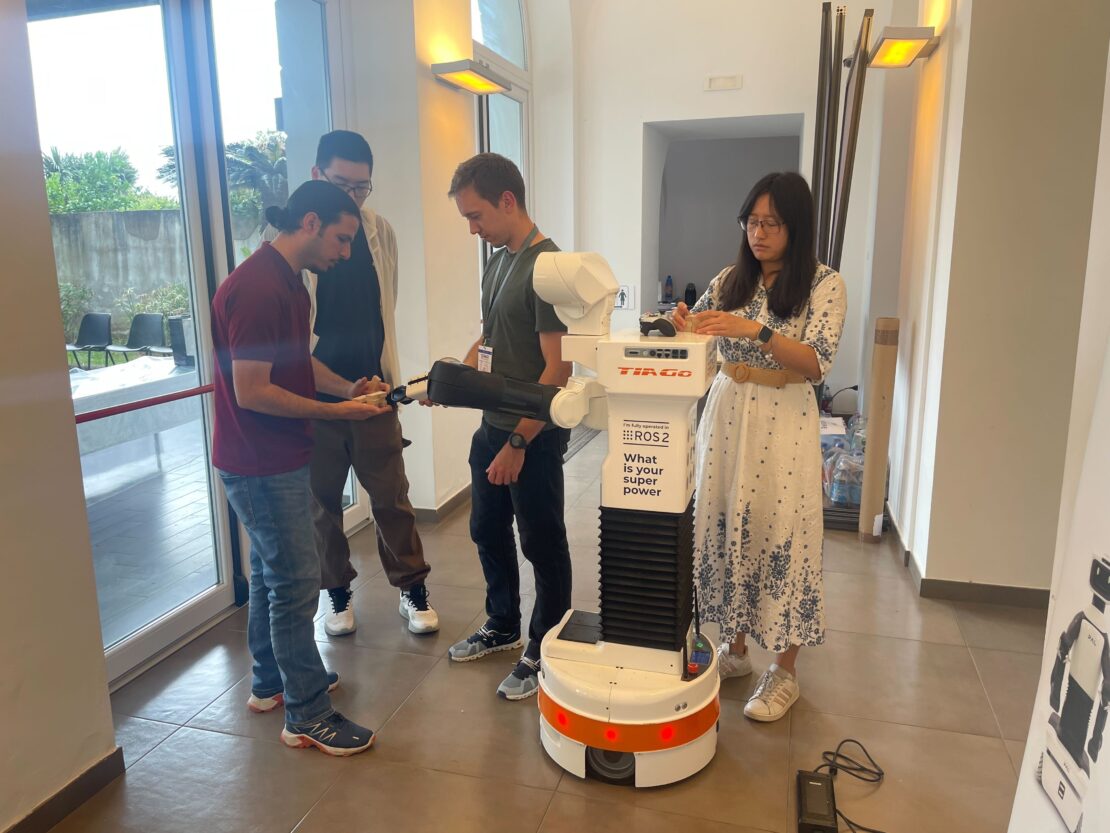
Education with purpose: Turning curiosity into capability
Across all four initiatives, a regional competition, a global coding program, a cybersecurity forum, and a summer school, one theme emerged: the importance of learning by doing. Whether debugging software, debating ethics, or aligning robot arms with surgical precision, students were given the tools and trust to lead their own exploration.
At PAL Robotics we’ll continue supporting programs that turn curiosity into capability and help students shape a future where robots serve society in ethical and meaningful ways. Because education isn’t just about preparing for the future, it’s about building it, together.
